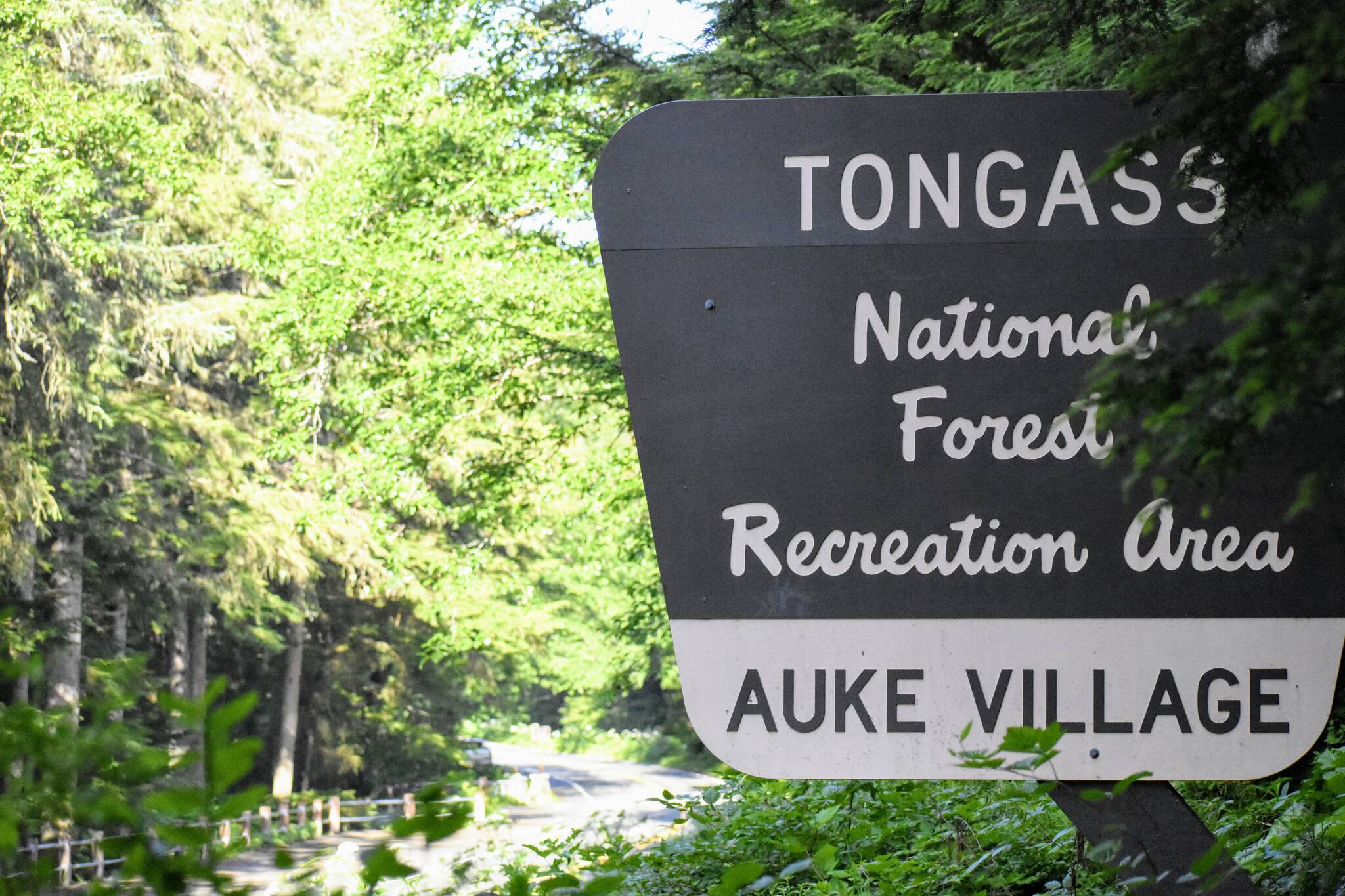Last fall, I opposed the U.S. Forest Service decision to fully exempt the Tongass National Forest from the Roadless Rule. Now that it might be fully restored, I’m wishing President Joe Biden had put the issue on the back burner and focused entirely on securing our democracy. Because as Joni Mitchell sang years ago, it always seems “that you don’t know what you’ve got till it’s gone.”
“Big Yellow Taxi” was released in 1970. Its refrain – “They paved paradise and put up a parking lot” – followed brief allusions to a land without trees and farmers spraying their crops with DDT. At the time, I was a young teenager who couldn’t appreciate Mitchell’s lyrics. But I might have if she included a warning about water pollution.
Years earlier, my dad took me fishing on the nearby banks of the Concord River in Massachusetts. But by 1970, almost no one fished on it anymore. Industrial waste and raw sewage had decimated the river’s fish. I didn’t realize what we had until it was gone.
The Concord has another meaning. The Old North Bridge where the Minutemen fired some of the first shots “heard around the world” spanned the river about eight miles upstream from where we fished.
Almost 200 years later, the resilient democracy our Founders created gave us the National Environmental Policy Act. It was passed with the near-unanimous consent of Congress around the same time Mitchell was composing Big Yellow Taxi.
By the time I moved west in 1979, I was fixated on the environmental theme of that song. I believed NEPA was what protected the forests and rivers in Western Washington from a fate similar to what happened to the Concord.
After Ronald Reagan was elected President, I opposed his attempts to roll back regulations contained in NEPA and the Clean Air and Water Acts. In the decades that followed, I got caught up in the zero-sum philosophy of environmental politics without realizing I was contributing to a divisiveness that would eventually poison the nation’s political discourse.
In his election victory speech last year, Biden promised “to be a President who seeks not to divide, but to unify.” He went on to say that if Democrats and Republicans “can decide not to cooperate, then we can decide to cooperate. … That’s the choice I’ll make. And I call on the Congress, Democrats and Republicans alike, to make that choice with me.”
Flipping the Roadless Rule isn’t an act of cooperation.
Nor does it accomplish much. As I wrote in June, it will “only add 168,000 acres of old-growth timber to the 227,000 acres that’s already available for future harvest.” The almost 5 million acres of old growth that’s off-limits to logging ensures the Tongass will remain the world’s largest intact coastal temperate rain forest.
Unless our democracy is destroyed.
It’s been more than a year since former President Donald Trump lost the presidential election and 60 court challenges to overturn the results. And without ever providing an ounce of evidence that it was tainted by fraud, he’s still crying the election was stolen.
It would be easy to dismiss his clownish antics if they weren’t helping him solidify power in the Republican Party. As George Packer at the Atlantic warns us, our “Constitution doesn’t have an answer” to the “demonic energy with which Trump repeats his lies.” Or for the Republicans embracing them while attempting “to seize every lever of election machinery.”
Packer, like many others, believes our democracy won’t survive another disputed election. To prevent that from happening, he’s calling for a “broad alliance of the left and the center-right. This democratic coalition would have to imagine America’s political suicide without distractions or illusions. And it would have to take precedence over everything else in politics.”
The Roadless Rule is one such unnecessary distraction.
Time and the forces of nature have left us with just a replica of the Old North Bridge. It’s protected within the Minute Man National Historical Park. But preserving history isn’t that same as ensuring that generations to come inherit our democracy. If we lose it, the environmental protections Congress established for the Tongass and every other vital forest, waterway, and even the air we breathe, may be reduced to an image from the past.
• Rich Moniak is a Juneau resident and retired civil engineer with more than 25 years of experience working in the public sector. Columns, My Turns and Letters to the Editor represent the view of the author, not the view of the Juneau Empire. Have something to say? Here’s how to submit a My Turn or letter.

